#Qart-hadast
Text
Photos from Ancient Carthage (814BC-146BC)
Ancient Carthage was a city state in the time of antiquity that exists in present day Tunis, Tunisia in North Africa. It was founded around the year 814BC by Phoenician (Punic) settlers who emanated from the Levant, in modern day Lebanon, Syria & Israel. The Phoenicians were a civilization that spoke a Semitic language & engaged in a society that primarily was interested in trade & commerce throughout the Mediterranean Sea.
The Phoenicians settled in trade colonies throughout the Mediterranean basin in not only their West Asian homeland but Europe & North Africa all the way to modern day Spain & Morocco. Their best-known trade colony was Carthage or “Qart-hadast” which meant “New City” in their language. This was strategically located where modern Tunis sits. It was located on a strip of land that allowed shelter from storms on the North African coast & was well placed near the center of the Mediterranean Sea & its trade routes crisscrossing between the east & west. The settlers who established Carthage were Phoenicians colonists from the city of Tyre in modern Lebanon, one of the three major city-states of Phoenicia alongside Sidon & Byblos.
These Phoenician colonists reached Tunisia around 814 BC & like their other settlements in Libya & elsewhere they had to deal with the native populations, in this case the Berber or Amazigh peoples who inhabited North Africa from Morocco to Libya. Originally a daughter city under the rule from Tyre, they gained autonomy when Tyre & the rest of Phoenicia fell under the control of the Neo-Assyrian Empire around 650 BC. From that point on Carthage became not only an independent city-state but established a mostly sea-trade based empire or thalassocracy. It became a flourishing metropolis & dominated the Western Mediterranean for centuries.
Carthage was a monarchy until about 480 BC before becoming a republic & their sea-based commercial empire presaged the later Italian sea-based republics of Venice & Genoa over a thousand years later. Their complex system of governance, language (Punic or Western Phoenician dialect), religion & other cultural aspects are still only partially understood in the modern era due to biased contemporary foreign sources & little surviving local record.
At their peak they controlled North Africa’s coast from Libya in the east to Morocco in the west. Much of Spain, the Balearic Islands, Malta, half of Sicily, all of Sardinia & Corsica. They fought wars with the Berbers who lived inland in North Africa along with the Greek city-states that settled in Sicily & southern Italy & likewise engaged in trade with these peoples. The Phoenician settlers (Carthaginians) were often not numerous enough to make up their whole military strength. Though the Phoenicians dominated their navy while their land-based military consisted of mercenaries from the Berbers of North Africa, Greek hoplites, Sardinians, Italo-Sicilians, Corsicans & the Celts & Iberians of Spain and the Balearic Islands to complement their own elite Phoenician infantry, the Sacred Band of Carthage.
Eventually over the course of the three Punic Wars with the emerging Roman Republic, Carthage lost its power & prestige. Though it produced several military leaders of tactical & strategic renowned, the most famous being Hannibal Barca (247BC-181BC) who crossed the Alps & invaded Italy from the north inflicting several defeats on the Roman army on their native Italian soil but he was never able to take Rome itself. Eventually attrition & the threat of a Roman counterattack against Carthage itself forced Hannibal to leave for his North African home. He was eventually defeated by the Romans & finally in the Third & final Punic War, Rome destroyed ancient Carthage in 146 BC, it is said they tilled the surrounding fields in salt so that no new crops could grow & the threat of Carthage would never rise again. The Romans eventually rebuilt Carthage & included the city as their own within the Africa province of their empire. It flourished again as a center of Roman trade but eventually fell to Germanic invaders such as the Vandals before being retaken by the Byzantine Empire in the 6th Century AD before falling again to the Arab Muslim invaders in the 7th century as Islam spread across North Africa. Medieval Carthage continued as a residential town but eventually the modern city of Tunis began encircling its original Punic & later Roman ruins...
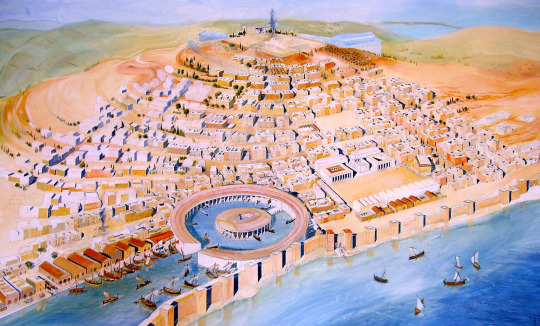
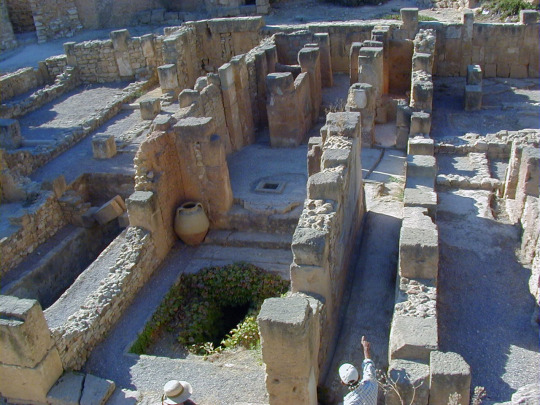
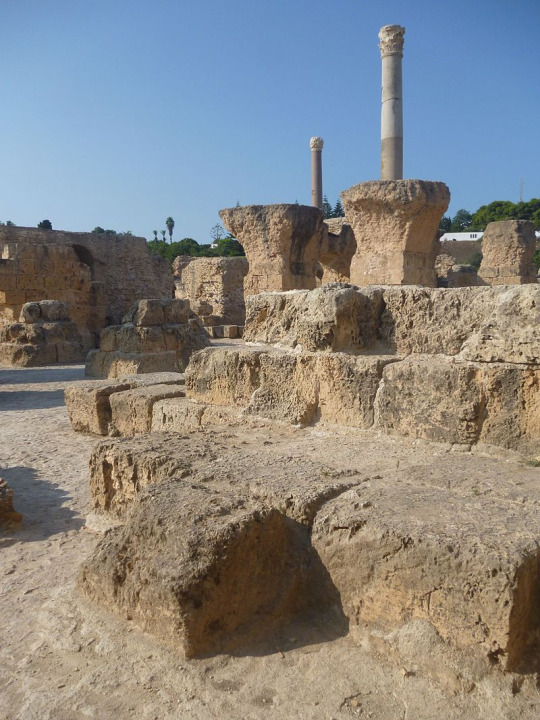
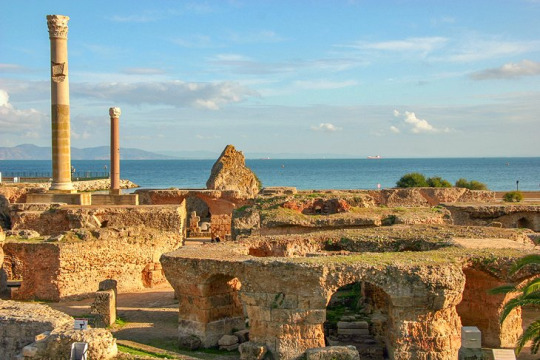
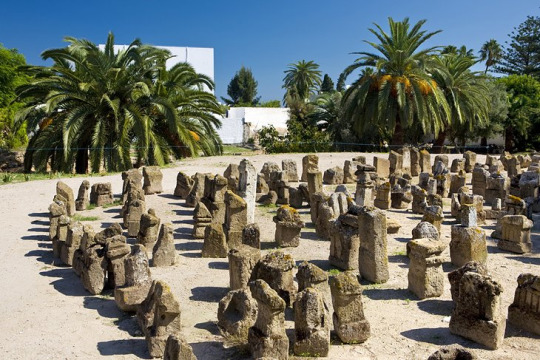
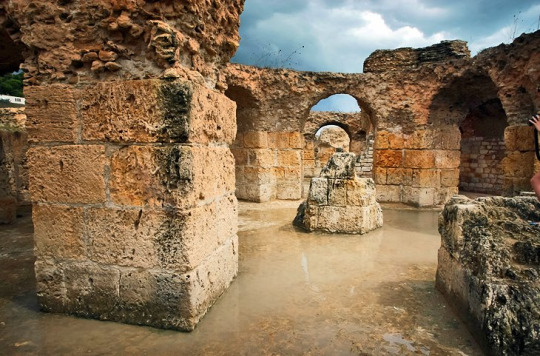
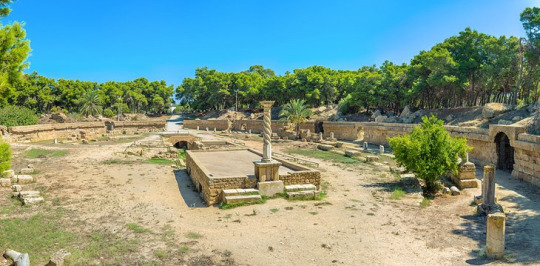

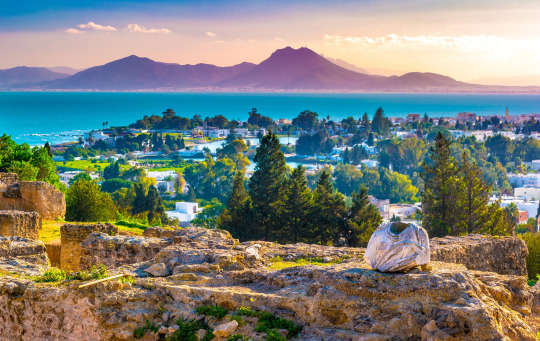
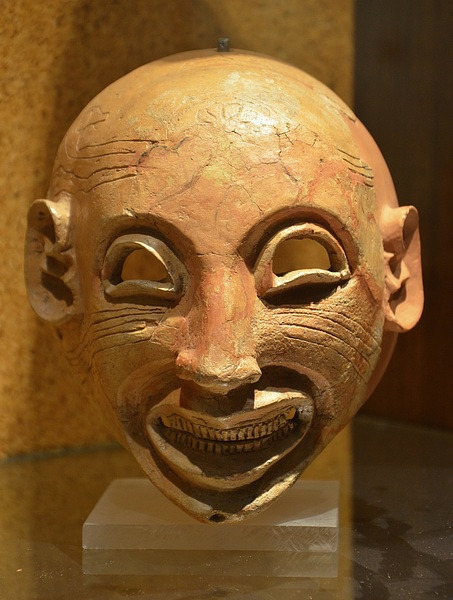
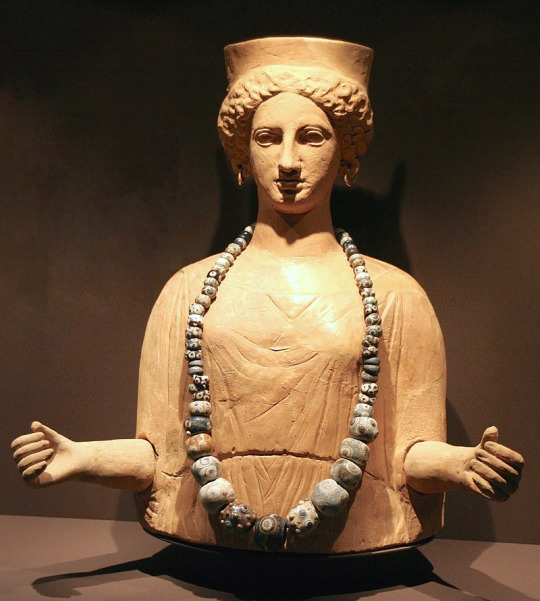
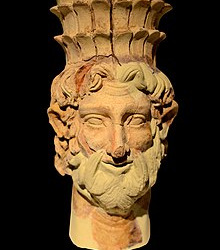
#antiquity#ancient carthage#punic wars#hannibal#ancient rome#tunisia#north africa#ancient world#ancient history#carthage#rome#mediterranean#phoenicia#ancient phoenicia#tyre#baal hamon#tanit#dido#ancient ruins
19 notes
·
View notes
Text
Storyline: Elissa's Letter Home
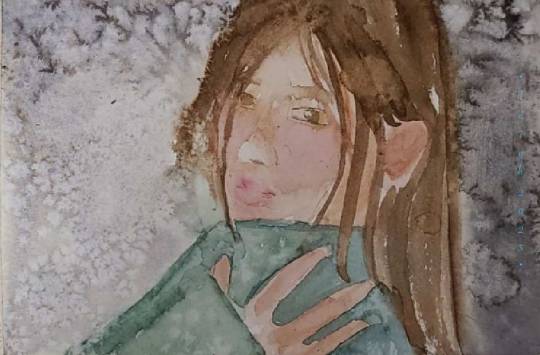
A su Excelentísimo Señor Duque Gisgo Barca de Murcia,
Your daughter writes to you, safe and in comfort, once again from the warm hospitality of the D’Angelines. The apartments they have given to us remain comfortable and pleasant with a good view of the gardens. Winter is coming here, the winds are colder, and I can see the gardeners working hard to preserve the beauty of the land and protect it from the chill of the season.
Your honorable brother sends his duty and his respect, but I can see in him the thin lines of impatience. The great Hasdrubal Magon Barca de Cartagena is not a man of patience, preferring action and fire over the soothing winds of negotiation. He tells me often his favorite line from the poem as he paces before the fireplace: "It is not in the palace court,/Amid the throng of ladies bright,/That the good soldier, by his tongue,/Proves himself valorous in the fight." But never in his impatience does he forget his obedience and honor to you, Don Gisgo. He defends my honor among these D’Angelines and speaks on my behalf with skill to the D’Angeline lords and courtiers here.
But no matter how he makes friends and suggests the benefit of a strong alliance with Aragonia, it seems there is no answer rising to the question of who the Courcel King will choose for his wife. These D’Angelines enjoy their gossip, and I have heard the whispers and the speculation that the King does not wish to wed any of us and is waiting until we tire of waiting for him and return home of our own will so he cannot be said to be an ungenerous host. He has been very generous, and in the moments that I have spoken with him, he has been kind. But it is clear to me that my sisters in this quest will only be offered his hand and not his heart. This is something that I think those of us who are not D’Angeline knew to expect. But it does not give peace to those that grew up with the teaching of their Angel Elua that they ought to love whoever and however they wish. As the poet says in the poem, "The Jealous King," "But others spread the news, that flew like fire from tongue to tongue,/That the King was doting-mad with love, for then the King was young."
Be eased, Father—in the moments that I have met with the Swan King, I have done nothing to compromise my honor or the modest defense of my virtue that you have done so well to teach me. The other ladies who have come to seek his hand and the crown it brings seem, in some ways, to embrace the D’Angeline ways in an attempt to prove themselves a good queen to these people, but I cannot embrace the customs that are so strange to me. For I have seen the famous prostitutes of this land, those that are called Servants of Naamah, and I hear the whispers that the king of these lands is in love with one of them. But I have seen them and the way they display so much of their skin. The marks of their position are inked into their skin, and they are fully displayed on their backs. In comparison, I am sure my fashions from Qart Hadast seem matronly. But I have to wonder that, Servants as they are, if it is their Lady’s demand that they show so much of themselves? If they were not bound to her service, how many of them would choose to reveal their skin and flaunt their hair as they do? Perhaps it is just their D’Angeline way instead of the styles of their profession. I cannot know, I am not of their people, so I ought not to speculate without kindness in my thoughts.
To quote Celin’s "Farewell," "Ye balmy winds of heaven, whose sound is in the rippling trees,/Whose scented breath brings back to me a thousand memories." It is often my comfort in the time I spend listening to the music the D’Angeline musicians play. I was reading it when the King came to sit with me. I had seen him when I was presented by my honorable uncle to the court. But now he approached me without the rest of the court and sat with me—under the supervision of your brother Hasdrubal—to speak one on one. He was courteous and kind, and it seemed he understood some of our customs, for though these D’Angelines greet all people with kisses, he made no move and seemed to have no intent to touch me. He was warm and welcoming, inquiring about the poems I was reading and whether I was happy with the time I was spending in Terre D’Ange. We made pleasant enough conversation, but Father, honesty is the greatest treasure of a virtuous woman—I do not think I can be happy here. To live in Terre D’Ange is to live in a place where the modesty and virtue I hold so dear and have been taught my entire life will not be understood. It is not just the skin of the courtesans and the kissing of nobles, it is woven into the fabric of life here, and I cannot believe that I would be a good queen for this country and the people when so much of their precious way of life is against what I believe.
I know what you will say, Father, I hear your voice in my mind clear as I heard it the day I departed home. You will quote to me "The Letter of the King," since I am here to present myself to a king, and remind me to "Then dismiss thy anxious musings, let them with the wind away,/As the gloomy clouds are scattered at the rising of the day." But allow your daughter the honesty of this letter as I write that I miss you. Your stern face is often in my thoughts, as is the countryside of home and the beautiful glory of your Murcia. I miss our city: the warm stone and the blue sea and the bright flowers. I understand my duty here and the benefit of an alliance with the Courcel King, but I am a daughter of Murcia not of the Angel-Land, and while they have a famous poet who mourned the loss of her homeland while in exile, our poems also extol the beauty of our lands, and it is those that I am turning to in the long days away from home.
Let me come home, Father. I have no chance to win his hand, nor do I want to spend the rest of my life here. It will be an uncomfortable and unhappy life, and I cannot believe you would choose that for me over the peace and joy of a marriage that will suit me. When I wake in the morning, my first thought is for home. When I sleep at night it is facing southwest so that I can imagine I can see Qart Hadast from here. I understand Celin all the more when he writes in his "Farewell" poem, "I see thee shining from afar,/As in heaven's arch some radiant star./Amilcar, queen and crown of loveliness,/Listen to my lament, and mourn for my distress."
The comfort I have now are only the poems I read and the attendants I have brought. This place is not for me, and I would not make a kingdom suffer for a queen unsuited to their tradition. Send me where you wilt to find a husband, but let it be in Aragonia and not this Terre D’Ange. I pray that you will heed my plea and that your heart misses your daughter as mine misses her father and home. What I am is Aragonian, I cannot and will not become D’Angeline!
If my words will not move you, perhaps you will heed the words of the poets that you read to me when I sat upon your knee and taught me pride in name and country! "A hundred thousand favors she/In public or in private gives,/To show her lover that her life/Is Aragonia’s while she lives!"
I waste ink repeating the words and thoughts that make restless my mind. I pray that your next letter comes with it a request to return home. That is all that will give me joy now, the treasure of returning to beautiful Aragonia!
Let Adelifa’s "Farewell" be mine to you as I close this letter—"This to an end her farewell brought,/But not her dark and anxious thought."
In love and obedience,
Su hija,
Elissa Ylenia Barca de Cartagena
Read the full article
0 notes
Text
Cut for some triggery stuff
Vai's grandmother was raped by a cold mage (she specifically says she was not asked permission) and the mansa (head of house) has chosen to inform Vai that his sister Kayleigh will probably be good for having more powerful cold mages.
Vai understands this for the threat it is, and moreover we learn that since his entire village is in clientage to the four moons mage house, the house can do whatever they want. Which is obviously why Vai does whatever they tell him to do.
EXCEPT
Now they want him to kill a girl whose only crime is being used as a decoy for the girl he was supposed to marry (and who he is now married to). He's understandably conflicted, which is why he came to visit his grandmother for advice, which is why Cat knows any of this, because his grandmother is currently hiding Cat in her room.
All of this is layered in with the cultural stuff brought to our attention earlier: while Haranwy (Vai's village) does allow for plural marriages like four moons house, there is still a distinct lean towards women leading culturally if not legally (Vai's uncle is legally in charge) that was lacking in four moons house. All of this gives different facets and reasons for Vai's hesitation to kill Cat as ordered, even given the threats to his family: he specifically asks if Kayleigh has had any 'trouble', for instance, and his grandmother also says, specifically, that she hasn't had any trouble since Vai went to four moons house, with the implication that it is because he cooperated.
I'm just saying that Vai is understandably conflicted.
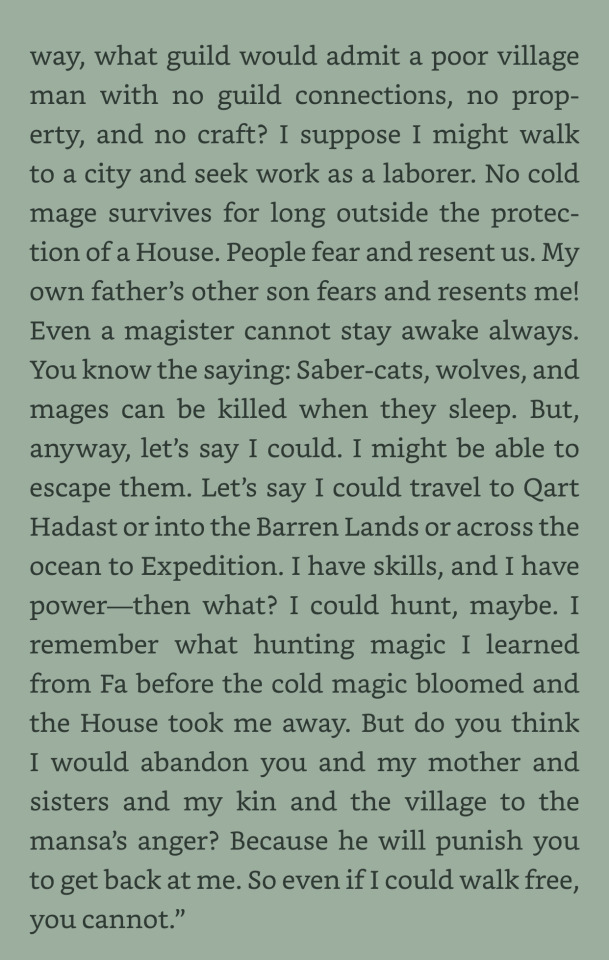
Here he talks about his options if he tries to leave four moons.
(You will note that he called the ancestral city of Cat's people Qart Hadast as she did and NOT Carthage our boy is not a dick)
12 notes
·
View notes
Text
“Lemma the Librarian - Op-arrrr-ant Conditioning”
Published: January 20, 2018
http://www.mcstories.com/LemmaTheLibrarian/index.html
This is a bit more like it. We’re deep in the Lemma series’ usual sense of humour, which is to say not terrible puns - although there are a lot of those - but Lemma’s increasingly furious response to same. Also mockery of the whole concept of Talk Like A Pirate - God knows it needs it - with Iason and Iola’s humiliated chagrin at this Sea People, erm, custom being probably the high point of the whole story.
The middle section is the usual sexy mc, although played somewhat more for laughs than usual. (Milos really needs to learn to quit when he’s ahead; also, get a real sense of humour.) It’s a quite short story, without much space for character business, but the new three-way Lemma/Iason/Iola dynamic runs well, the siblings especially. And Iola playing catchup with the facts of living with Lemma that Iason has so painfully learned.
Lemma also, for only the second time ever, overcomes someone’s mind control and saves Iason and Iola. She’d better enjoy this moment while she can...
When The Fuck Are We? 🤷
@midorikonton be praised, new place names! The party is heading back south into the Med, in particular towards a Sea People port called Qart Hadast (Qart-ḥadašt, Carthage). There’s also a Sea People port near “the Gates of the Inner Sea”, which might be Qart Hadast and a bad grasp of geography on Lemma’s part, but is more likely Gades, Cadiz, a Phoenician entrepôt for the metals trade, situated near the strait of Gibraltar. (Although most of the tin trade with Britain specifically was overland through Gaul.) Pytheas, famous Greek voyager to Britain, possibly stopped there on his route north, and definitely did on his return. Lemma doesn’t get to see it on her return voyage, because she blows up the boat.
Neither of those settlements, you may note, is Greek; if you recall from way back, however, there’s a theory tying the Sea People to both the Dorians and the early Phoenicians. It’s kind of odd that the Greco-Sea People and the Poeno-Sea People are similar enough that everyone treats them as a single group; but by this point in the series that’s practically nothing. Both cities were also founded after there’d been time to recover from the Bronze Age Collapse, which is to say three or four hundred years after our ostensible date; likewise, nothing as bad as the whole “Mercia” business. We’re back in clear geography and timelines again!
Meanwhile, the Talk Like A Pirate business has actual roots, although not terribly old ones. Robert Newton played Long John Silver in the 1950 Disney adaptation of Treasure Island, and did a very good job of it (seriously - Silver’s about as complex as children's adventure characters get, and Newton manages the mixture of frightening cold-bloodedness, dark charisma, joyous charisma, and genuine friendship with Jim quite well*). Newton was from the West Country, and Silver was too, so he decided to go with his own native accent to help give the character a distinguishing bit of business. Unfortunately, this bit of method acting slammed right into the facts that Americans aren’t great at parsing the fine differences of British accents, broad West Country is easy to parody, and people like pirates. So seventy years later a erotica-comedy writer can slap in “carrrrrrrrrrgo” and everyone reading will get the joke immediately.
*I haven’t seen the movie since I was like twelve, so grain of salt, but critics also seem to like the performance. That this story comes right after “the Choosing One” is a coincidence, but as I wrote this I realized that if the villain has to be Brea (as Jenny seems to suggest in her author’s note) I’d much prefer Silver as a model than “bwa ha ha I am sadistically evil now!”**
**OK, flipped-her-switch-to-evil is a trope that I often enjoy in this genre :P That isn’t really the same thing as what Vamp!Brea is up to, though.
~
Next time: Lemma has a solo adventure; I try to determine what accent lizards have.
3 notes
·
View notes
Link
0 notes